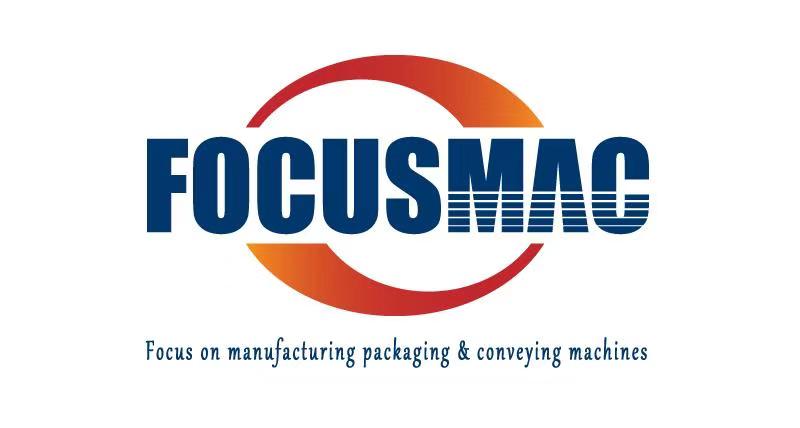The Impact of Automatic Packing Systems on Production Quality
Introduction: In the fast-paced world of manufacturing, ensuring the quality of products is paramount to maintaining customer satisfaction and competitiveness in the market. Automatic packing systems have emerged as essential tools for optimizing production processes and streamlining packaging operations. This paper explores the profound effect that automatic packing systems have on production quality, examining how these systems enhance efficiency, consistency, and reliability while minimizing errors and waste.
Enhanced Accuracy and Consistency: One of the primary advantages of automatic packing systems is their ability to deliver unparalleled accuracy and consistency in packaging. By automating the packing process, these systems eliminate the variability associated with manual packaging, such as human error and fatigue. Each package is precisely measured, filled, sealed, and labeled according to predefined parameters, ensuring uniformity across all products. As a result, manufacturers can maintain strict quality standards and meet customer expectations consistently.
Improved Product Protection: Automatic packing systems play a crucial role in safeguarding the integrity of products during the packaging process. These systems are equipped with advanced features such as sensors, detectors, and quality control mechanisms that detect anomalies and ensure proper packaging alignment. By detecting and addressing potential issues in real-time, automatic packing systems minimize the risk of damaged or compromised products reaching consumers. This not only enhances product quality but also reduces the likelihood of costly recalls and rejections.
Optimized Efficiency and Productivity: Another significant impact of automatic packing systems on production quality is their ability to optimize efficiency and productivity. These systems operate at high speeds and with minimal downtime, allowing manufacturers to package large volumes of products in a fraction of the time required by manual methods. The streamlined workflow enabled by automatic packing systems reduces bottlenecks and maximizes throughput, enabling manufacturers to meet tight deadlines and fulfill orders promptly. By accelerating the packaging process, these systems contribute to overall operational efficiency and improve time-to-market, enhancing the competitiveness of businesses.
Reduced Waste and Costs: Automatic packing systems contribute to improved production quality by minimizing waste and reducing costs associated with packaging materials and labor. These systems are engineered to maximize material utilization and minimize overfilling, spillage, and product loss. Additionally, the automation of packing processes reduces reliance on manual labor, leading to lower labor costs and increased workforce efficiency. By optimizing resource allocation and minimizing waste, automatic packing systems help manufacturers achieve higher profitability while maintaining sustainable production practices.
Conclusion: In conclusion, automatic packing systems have a transformative effect on production quality in manufacturing settings. By enhancing accuracy, consistency, product protection, efficiency, and cost-effectiveness, these systems elevate the overall quality of packaged products while driving operational excellence. As technology continues to advance and demand for high-quality products grows, the role of automatic packing systems in ensuring production quality will only become more critical. Embracing these innovative solutions is essential for manufacturers seeking to stay competitive and deliver superior products to consumers.
